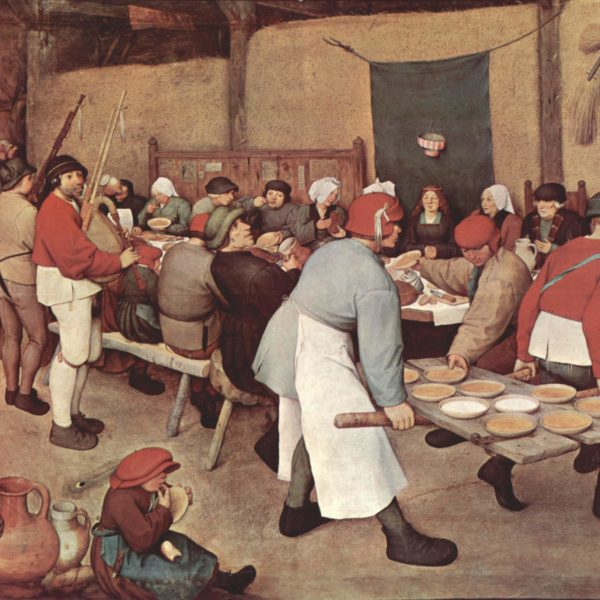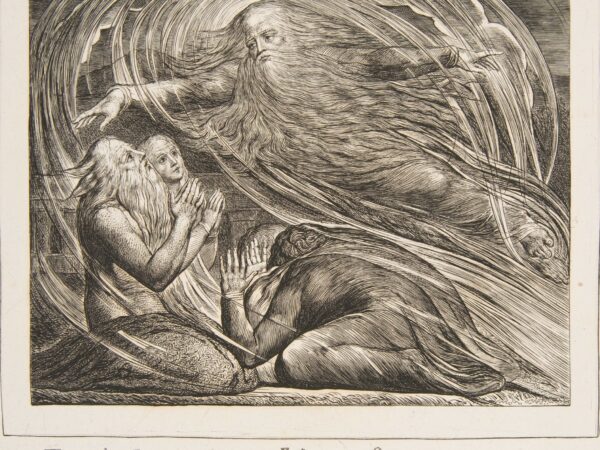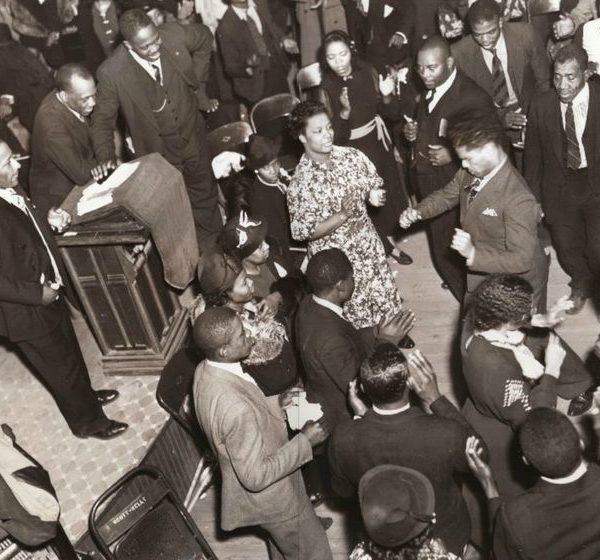
[This post is part of our series on the politics of scripture, focusing on weekly preaching texts. We also welcome commentary on sacred, classic, and profane literature, film, and artistic…
…mount of the LORD it shall be provided.” The blog post is part of series of posts on the politics of Scripture. We welcome submissions on Scriptures from any religion….

…modelling children’s politics on conventional constructions of adult politics (202). But, as Oswell argues, thinking about “the spaces of children’s politics” requires rethinking “dominant models through which politics has been…

[This post is part of our series on the politics of scripture, which focuses on weekly preaching texts. We also welcome commentary on sacred, classic, and profane literature, film, and…

[This article is part of the series The Politics of Scripture. While the focus of the series is on weekly preaching texts, we welcome commentary on sacred, classic, and profane…



